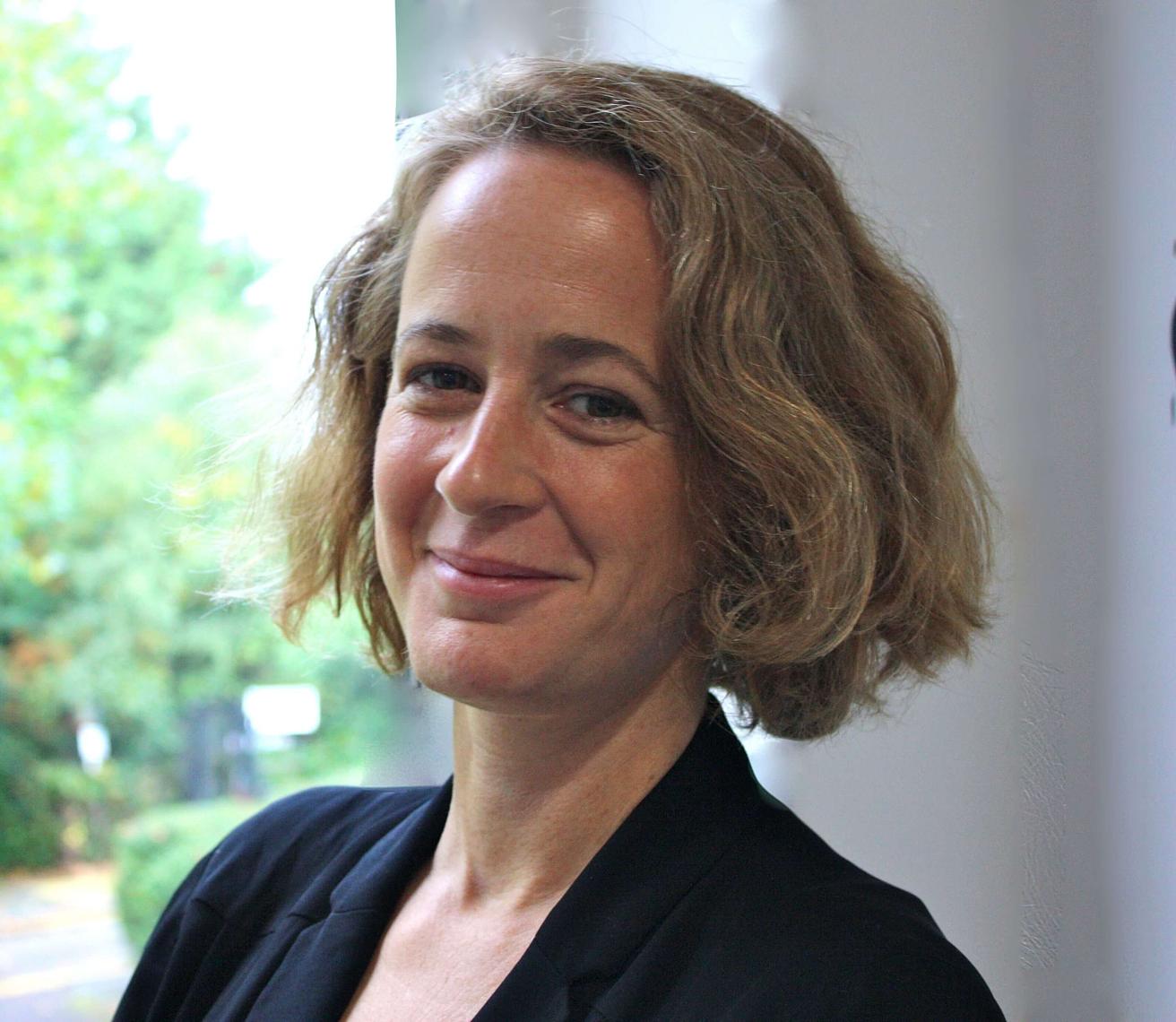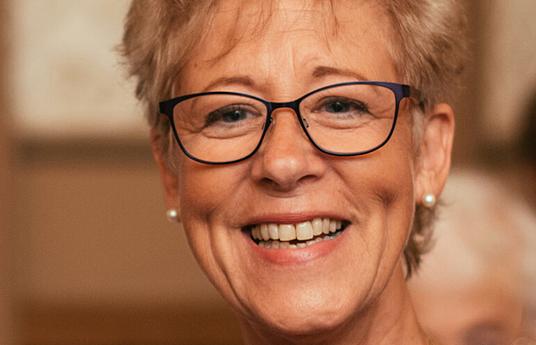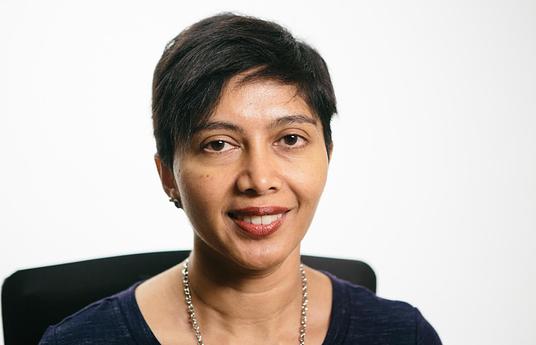Keri Facer
Keri Facer is Professor of Educational & Social Futures at the University of Bristol, UK. Her focus is on rethinking the relationship between formal educational institutions and wider society. She is particularly interested in the sorts of knowledge that may be needed to address contemporary environmental, economic, social and technological changes.
Skills
Do you feel that the current way we are educating children fully prepares them for the needs of the 21st Century?
I don’t think that the way we are doing it fully prepares children for the 21st century, but I also think the idea that we definitely can is a bit risky. I don’t think you can prepare people for the future in a way that’s guaranteed. Education itself is a provisional process, it is uncertain. So one of the things that I think would be really helpful for us to do is to get away from the idea that education can provide the guaranteed talisman that will secure your path through the future. Education is part of a much wider set of factors that are going to help young people survive and thrive over the next 100 years.
I think there are things that we can do to help students thrive in the environment at the moment. I’d frame them under four headings:
The first thing is having a sense of wonder at the world, a sense of how beautiful, amazing and astonishing it is. There’s something about developing a curiosity about the world that you live in, whether it’s plants or bugs, literature, science or maths. The point is to see its astonishing reality. If you can do that then you can see where the spaces are to connect with it.
The second thing is about creating personal projects. So helping them really know what matters to them. The world is changing and one of the most important things will be for them to understand what their projects in that world are.
The third point is about knowing themselves - understanding who they are, where they can take responsibility for themselves and for others, what they can love. Really understanding yourself as much as understanding the world.
The final point is about interdependence and recognising that you are not strong on your own, ever. The whole idea of developing strong individuals as a global race is a guaranteed route towards fragility. Understanding how they can recognise that they are connected with other people, with the ecosystem, is going to be absolutely essential.
Teachers
What is the role of a teacher?
There is a role for teachers who know stuff to excite that passion, curiosity and interest in the wonder of the world. There is a huge, huge responsibility for educators to do that, but then their role is also to learn alongside, to support with the process of experimentation, to help students reflect on who they’re becoming.
The role of teaching and the role of education is also to treat the conventional disdainfully. To treat normalised predictions of the future with a degree of humour, wit, and disregard. To open up to children the possibility that things might be otherwise.
When all the forces of our commercial and cultural world are pushing towards the acceptance of the mainstream the function of education is really to persistently create the space for young people to imagine that things might be otherwise.
Assessment
What are your views on PISA? Do you feel it is a reliable way to judge how effective a country’s education system is?
No, I think it is massively unreliable. I think it can be gamed, it can be cheated and I think it is a fantasy. The idea that you can have a single set of measures that judges all the learning all around the world is something we should laugh at rather than take seriously.
The problem is that it is judging one tiny set of things. We also know that its views on what it values are incredibly partial - the test items are more conducive to particular cultural ways of knowing than to others.
If you’re going to do something global like that you actually need a really interesting global conversation where there is a democratic debate about what goes into those tests. And that should include all of the different indigenous cultures, it should include all the very different nationalities. It should really be something that is subject to a very lively and interesting debate about what we learn and what we value.
The reality of that is you will not be able to come up with a single measure, you would come up with something that is multiple and plural and recognises the fact that a child learning in Finland is different from a child learning in Brazil. These are different experiences and the learning experience is specific and cultural.
PISA is a dangerous fantasy because it is also a way of selling a notion of standardisation in education internationally, which does serious harm to the ability of teachers to pay attention to the actual children that they are interacting with in their classrooms.
Environment
In your work you advise that schools must become “future-building” schools rather than “future-proof” schools. How can a school environment reflect that?
I think the critical thing in that different terminology is to do with an emotional orientation towards the future. If you think about the idea of future-proofing, it’s quite a defensive position, it’s sort of protecting yourself against what might happen. Whereas, future-building is a much more intentional position. It’s about saying: 'what might we actually want? What might we desire?' And from that it’s about saying: 'where are the gaps and the opportunities to create and to experiment with the sorts of futures we might want to be happening?'
The difference between the two is an affective difference. There are some really practical things that I think future-building schools do, as opposed to future-proofing schools. Future-proofing schools try to imagine what the future is going to be and try to teach everything in order to defend against it. Future-building schools look for possibilities in the present.
The intention of a future-building school actually comes much closer to the present itself, to looking at the gaps, the opportunities and the possibilities to make small changes now. It’s about creating small steps and small opportunities to imagine that things might be slightly different and to start to make them.
Then it’s also about taking responsibility for the choices and the actions you’re making. It’s actually about experimenting and then thinking about what the consequences of that are.
We live in complex systems and in complex systems very interesting things can happen. Radical tipping points can happen, significant changes can happen, not overnight but very suddenly. You need to be able to adapt to that but you also really need to be able to realise that actions can have unintended consequences.
There’s a question of an ethic of care towards the future as well as a sense that you can build it. There is a sense that we are responsible for making it.
Personal memory
What was your favourite moment or experience in your own education?
We had a pond in the garden at primary school, so I’ve got very strong memories of sitting and watching the water boatmen on the water. I can remember that moment when you think about surface tension for the first time, and it’s mad!
Then when I got older I had wonderful lessons with english teachers who taught me that literature, politics, and changing the world were all part of the same thing.
The next 100 years
The next hundred years of Finnish education should... take risks and be brave.
We need to be modest about what education can achieve in a context in which there are so many other forces working against education. We need to make sure that our schools can build alliances with civil society, with communities, with anybody else who is concerned with the same job - which is enabling human beings to thrive. There are so many forces arrayed against the idea of enabling human beings to thrive.
Love, relationships and care all really matter.
We need to build connections, solidarity and relationships. If we don’t do that we will end up with education trying to fight all the battles on its own and it can’t do it all on its own.




